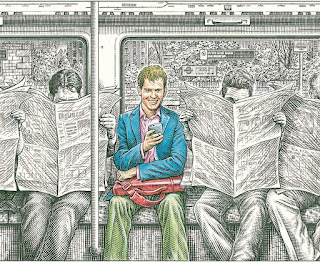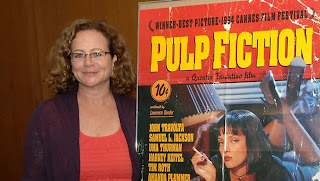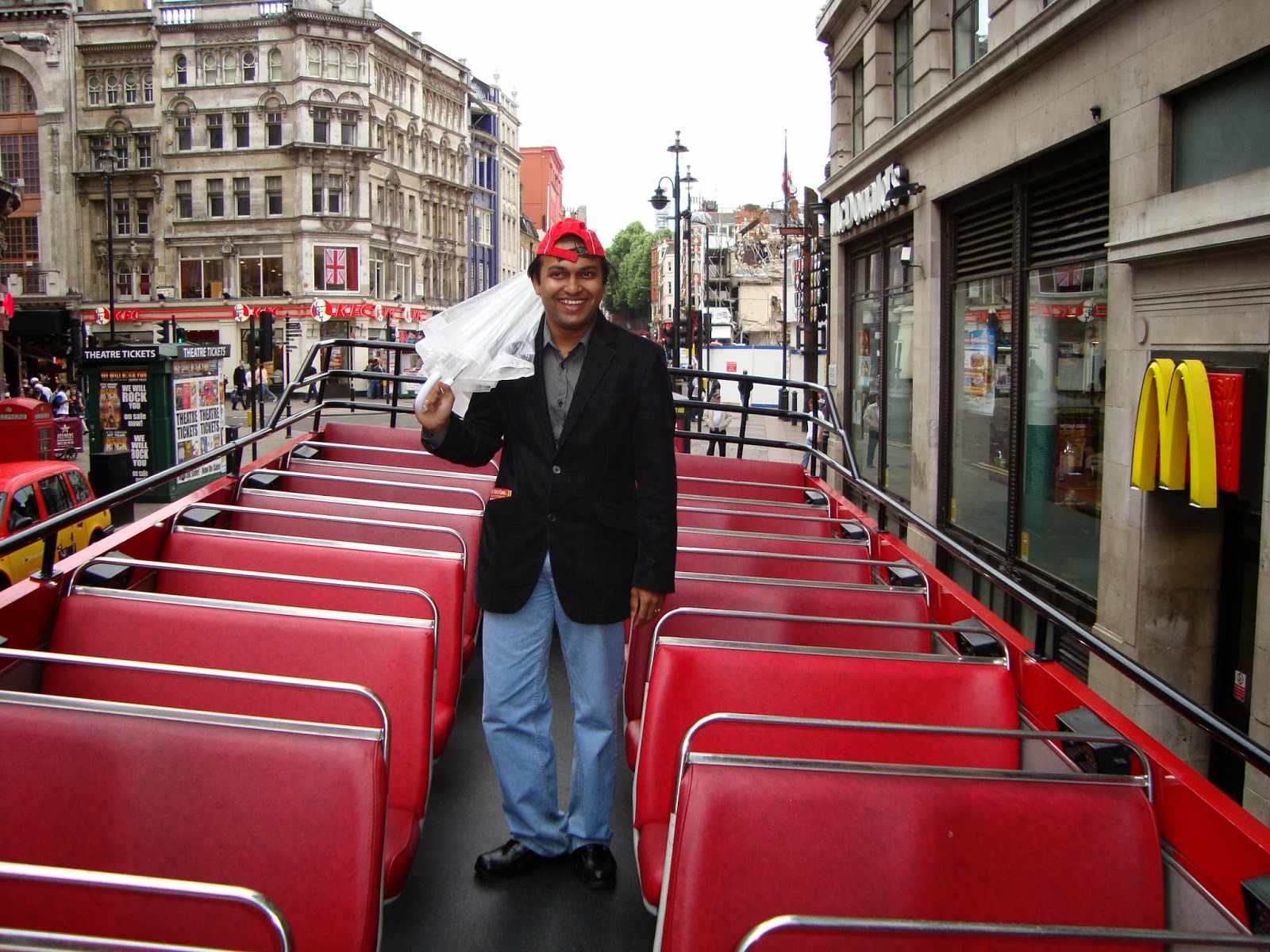ON Wikipedia-The only platform for intellectuals andintellectuality!!!-THE learning through journalism
Wikipedia(quick education,a Hawain term-started by 2001) is the most famous knowledge source across the world amongst internet users,infact there are people who regularly use and get addicted as well.The beauty of wikipedia is that we the people in this world almost have opportunity to learn a minimum of article that is all in the world.Actually its a journalistic kind of thing which is been existing ever since the journalism is born.But wiki format has more clarity,the kind of topical exploration and its been not been edited by scholars,which has its own plus and minus.Another unavoidable drawback of the learning through topical article is that,it's the common users bringing information which leads only that he brings what is known to his limited experience and information sources rest of the perfect holistic structured information is left out.Successive edits does guaranteed perfect,holistic information as its information building not a perfect add,edit and delete on the right or perfect information.Learning a article is not all that its about,but knowledge is ever growing dynamic and also it can only be a starting point.Article source are important to judge,assert the knowledge we have attained from it.From my experience,i find the article may have lots of information left out,but mostly the information provided is right if its sourced to reliable official references.Also the user gives the proof to the views which he tends to be lighting either darker side or lighter side which is also a flaw,lack of neutrality.And again,editing by a common man is the break through concept of wikipedia,which has its own great highs and great lows.They also claim that the wiki articles are for information purpose only and doesn't give professional advise. The great use of wikipedia is that we can know the background of whatever we are learning in our education systems, career or practical life, so that none can be learned abstractly(which is huge difference in the process of learning, understanding and excelling) as we can do background study on wikipedia and go for it.
Making it an non profit organisation is the best or worst of life time.The guy Jimmy Wales inspired from Ayn Rand philosophy looks like Vincent Van Gogh. 20 million articles (over 3.83 million in English alone) have been written collaboratively by volunteers around the world.282 languages.365 million readers worldwide,6th most visited website in the world.visited monthly by around 14.5% of all internet users.
Biography specialist the wikipedia is,i swear it has best articles in the area of biography.Upliftment of simple topic or downgrade of highly respected is the setback. And also sometimes I value Wikipedia as only manuals that come along with gadgets or anything that we shop. And after all nothing replaces truth experienced, encountered and realised instead of documenting truth. Nevertheless documenting does have its own value. Infact I have preserved thousands of my favourite articles 5+ years back during its early stages (would love to compare it to latest) as I've been avid Wikipedia reader ever since they started.
Below link elaborates a belief sytem in south india,i cant believe that this deserves this much of information and upliftment as one of my known internet savy guys Balaji Viswanathan(http://www.quora.com/Balaji-Viswanathan-2) suggested:
http://en.wikipedia.org/wiki/Ayyavazhi
As a matter of fact, i learned more from wikipedia then my schools/colleges,but probably i went in there every time after digging in space in my memory with thirst and passion and interest active in my thought. Just like every common man is aware of a film actor or politician,wikipedia raises the intellectuals.An advocate of content and intellectuality.The power and success of wikipedia is that,even the below info i took it from wikipedia only:)
Culture and the arts: 30% (210%)
Biographies and persons: 15% (97%)
Geography and places: 14% (52%)
Society and social sciences: 12% (83%)
History and events: 11% (143%)
Natural and the physical sciences: 9% (213%)
Technology and the applied science: 4% (-6%)
Religions and belief systems: 2% (38%)
Health: 2% (42%)
Mathematics and logic: 1% (146%)
Thought and philosophy: 1% (160%)
http://en.wikipedia.org/wiki/Ayyavazhi
As a matter of fact, i learned more from wikipedia then my schools/colleges,but probably i went in there every time after digging in space in my memory with thirst and passion and interest active in my thought. Just like every common man is aware of a film actor or politician,wikipedia raises the intellectuals.An advocate of content and intellectuality.The power and success of wikipedia is that,even the below info i took it from wikipedia only:)
Culture and the arts: 30% (210%)
Biographies and persons: 15% (97%)
Geography and places: 14% (52%)
Society and social sciences: 12% (83%)
History and events: 11% (143%)
Natural and the physical sciences: 9% (213%)
Technology and the applied science: 4% (-6%)
Religions and belief systems: 2% (38%)
Health: 2% (42%)
Mathematics and logic: 1% (146%)
Thought and philosophy: 1% (160%)




Comments